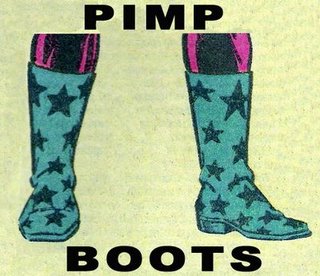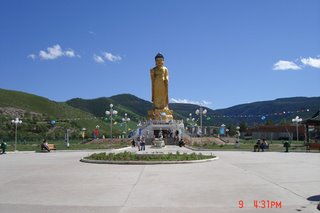
A post on Baron Ungern at Way To Russia:
"But gone are the days when you could take a capital city with a ragtag army of soldiers and mercenaries. In 1921, however, Baron Roman Ungern von Sternberg, known as the Bloody Baron, did just that when he captured Ulan Bataar in one of the strangest incidents of the Russian Civil War...
"By surrounding the city and burning a huge number of camp fires he created the illusion of commanding a large army. The Chinese withdrew and the Bloody Baron entered the city and installed himself as dictator...
"Then, after some similar, short-lived shenanigans in Buryatia, he was finally captured and executed in Novisibirsk.
"In spite of his atrocities von Sternberg is often seen as a liberator by Mongolians and was declared a Mahakala incarnation by the 13th Dalai Lama. His incredible story has for some reason mostly gone untold. However, producer Alexander Proshkin did announce plans to make a film about the Bloody Baron in the near future."
It might be noted that much of the Baron's bloody reputation might have been attributable to his underlings.
It might also be noted that the shrewd Bogd Khan invited Ungern to Mongolia to help him get rid of the Chinese, and the Khan was successful. And that later, the Bogd Khan invited the Reds to Mongolia to help him get rid of Ungern, and the Khan was again successful.
















